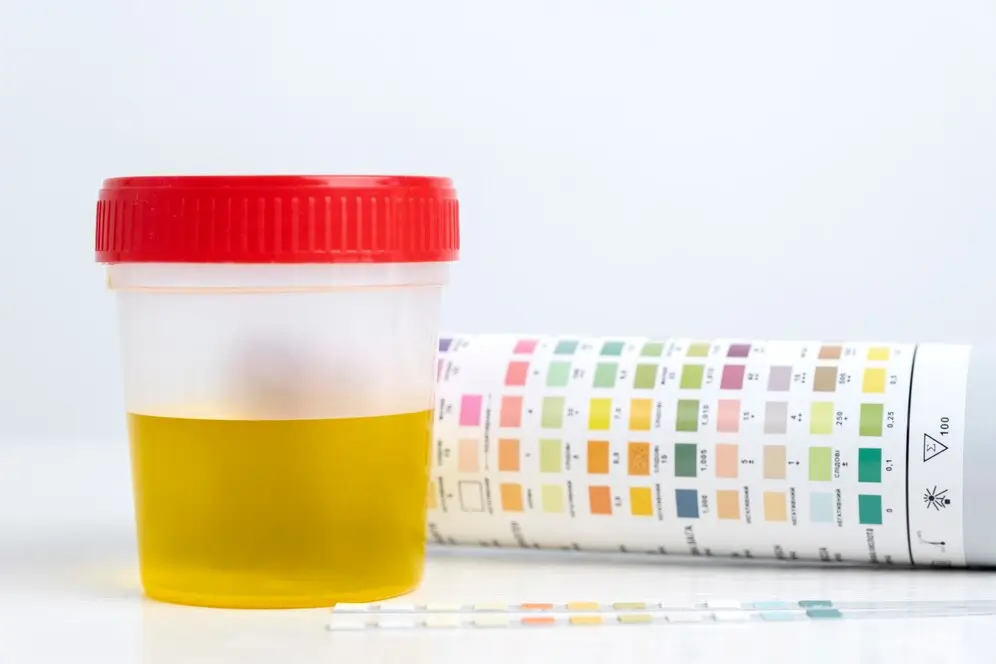
Workplace safety is one of the backbones of any successful organization.
However, an area that is often not given its due importance is the critical role that Urine for Drug Test procedures play in ensuring a safe and productive work environment.
Of the different types of drug tests available, urine drug test are probably the most recognized for their accuracy, efficiency, and ease of use.
They are more than a simple compliance requirement; they are a proactive measure to protect employee well-being and organizational integrity.
Urine drug testing is unique, compared to all the other health and safety measures at work.
Utilizing urine for drug test purposes not only detects substance use but demonstrates organizational commitment toward creating a culture of accountability and trust.
Where the operating environment of an organization has high-risk factors, such as an industrial facility or even health care settings, the stakes can be exponentially higher.
A single mistake, if caused by substance impairment, might translate into accidents, damage to the workplace, or reputational harm.
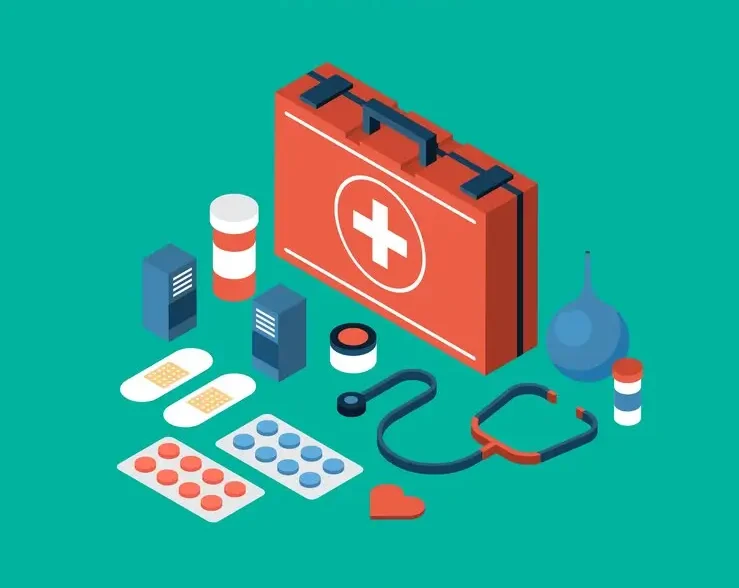
Prevalent as they are, many organizations and employees harbor a fair amount of misconception about urine for drug test procedures and their relevance.
Such lack of knowledge may cause unnecessary anxiety, insufficient preparation, or even disputes over the results.
The purpose and process of urine for drug test methods need to be demystified so as to foster a collaborative approach toward workplace safety.
Moreover, urine drug testing has evolved with the technology in testing and is no longer just about the detection of drugs.
Urine for Drug Test kits are now a much broader health metric, providing insights into patterns that could show potential health risks.
The tool, therefore, becomes very instrumental to health and safety officers, corporate clients, and caregivers in their quest to ensure optimal conditions for those under their care.
In this article, we get into the top 10 things you need to know about urine drug tests and unlock the nuances that make them a pivotal part of workplace health strategies.
Whether you are an employer, a health professional, or simply someone looking to prepare for an upcoming urine for drug test, this guide will walk you through everything, so that at every step, you feel confident and clear
Urine for Drug Test is one of the most widely used techniques to determine whether a person has certain chemicals in their system.
In order to find residues of drugs or their metabolites—byproducts created as the body breaks down these substances—a urine sample must be analyzed.
The test’s non-invasiveness, affordability, and high reliability in identifying a variety of medicines make Urine for Drug Test a well-liked and effective method.

A urine drug test’s primary goal is to encourage accountability and safety, especially in settings where impairment could have serious repercussions.
Workplaces, medical facilities, and industrial environments involving machinery or patient care fall under this category.
Employers and organizations can utilize the test to uncover any substance misuse problems that could jeopardize productivity or safety and to enforce zero-tolerance rules.
Urine drug testing are employed in therapeutic and forensic contexts outside of the workplace.
For example, they are essential in keeping track of patients’ adherence to their medication regimens or in supplying proof in drug-related court disputes.
Urine drug tests are capable of detecting a broad spectrum of substances. Common categories include:
Urine drug tests are especially useful since they can identify metabolites.
Compared to other testing techniques, these traces of drug breakdown frequently stay in the body for a longer period of time after the effects of the substance have worn off, providing a wider detection window.
Urine drug tests are special because they strike a balance between accuracy and accessibility.
Blood tests are intrusive, expensive, and impractical for routine or extensive testing, even if they might offer more precise information regarding the active presence of drugs.
Similar to urine drug testing, hair and saliva tests may provide different windows for detection, although they are not as widely applicable or as reasonably priced.
The versatility of urine drug tests is one benefit that isn’t as well known.
Thanks to developments in testing technology, panels may now be tailored to screen for particular compounds according to the particular needs of an organization.
This adaptability is essential for customizing drug testing regulations to meet the demands of diverse sectors.
A well-executed urine drug test program does more than just detect drug usage.
It acts as a springboard for fruitful discussions regarding safety, health, and support networks.
Employers should take a transparent approach to drug testing, making sure that staff members are aware of the procedure and the security measures in place to preserve their dignity and privacy.
Businesses, medical professionals, and individuals all need to understand the intent and scope of a urine drug test.
It establishes the foundation for creating a culture of mutual trust, safety, and accountability in any environment.
Urine for drug test is commonly conducted in several scenarios, each aimed at ensuring safety, compliance, and accountability. Understanding when and why these tests are necessary can help individuals and organizations prepare effectively.
Timely testing is crucial, particularly in roles involving machinery operation, patient care, or public safety, where impairment can have severe consequences.
Proper preparation for urine for drug test ensures accurate results and minimizes stress.
Knowing what to expect can help both individuals and organizations approach the process confidently.

Transparency is key.
If taking prescribed medications, inform the testing administrator to prevent misunderstandings.
A urine for drug test detects various substances that may affect safety and performance.
These include both illegal drugs and legal substances that can be abused.
For comprehensive detection, specialized tests such as Urine Ketone can also be included in testing panels.
The process of conducting urine for drug test is straightforward but follows strict protocols to ensure accuracy and privacy.
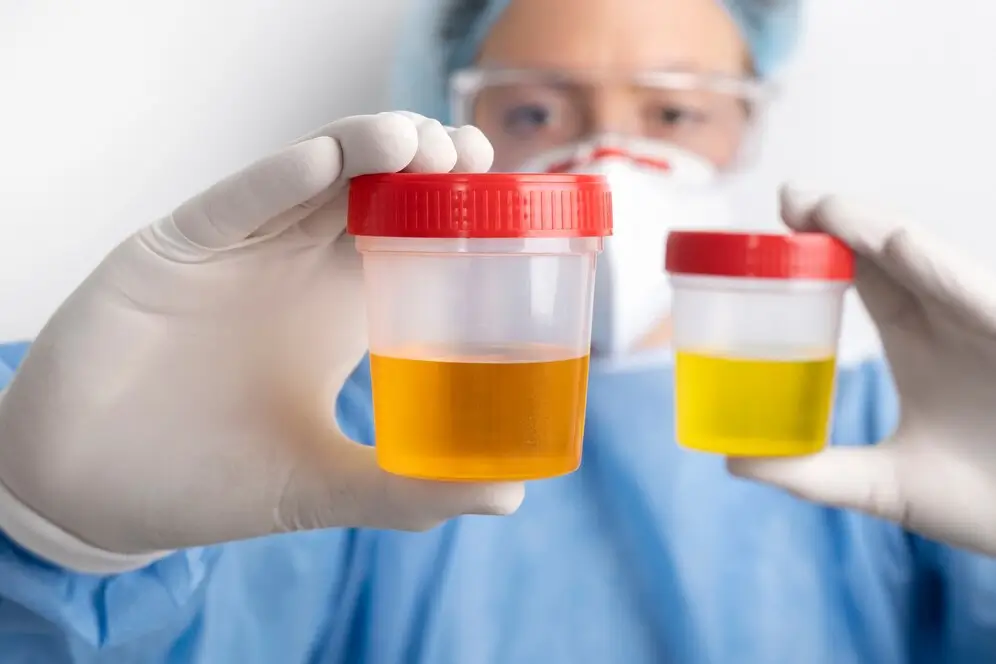
Testing facilities often follow stringent procedures to protect the privacy and dignity of individuals undergoing the test.
At-home testing kits offer convenience for individuals and small businesses but come with limitations compared to professional lab tests.
Organizations seeking reliable results should consider professional testing for critical decisions.
The reliability of urine for drug test is a key concern for individuals and organizations alike. While highly effective, several factors can impact accuracy.
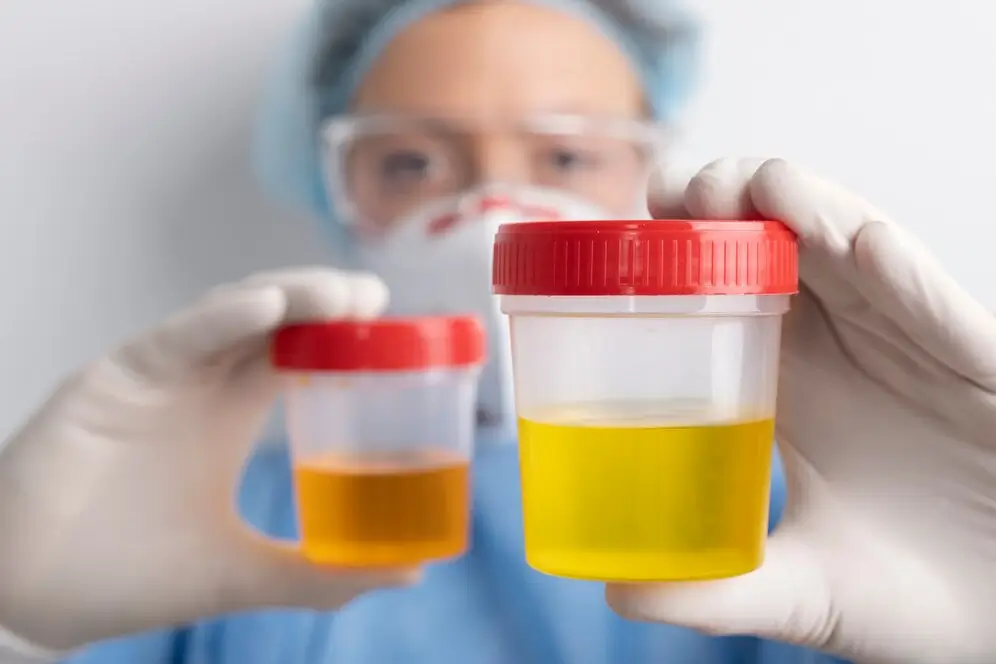
Advanced testing methods and quality control measures significantly reduce errors, making urine drug tests one of the most trusted options.
Understanding test results ensures appropriate actions are taken while avoiding unnecessary anxiety or disputes.
Organizations should approach positive results with confidentiality and offer support rather than immediate punitive measures.
The primary purpose of a urine for drug test is to promote workplace safety, compliance, and health.
By identifying substance use, organizations can proactively address risks and foster a safer environment.
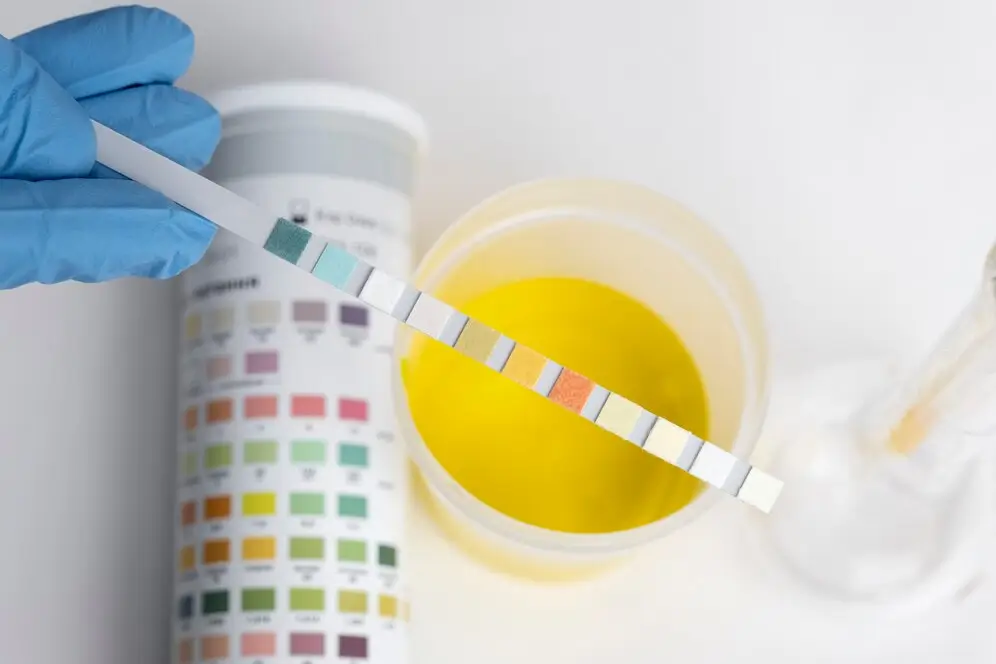
By preparing thoughtfully, both employees and employers can ensure a seamless and effective testing process.
Substances remain detectable for varying durations depending on their type, frequency of use, and individual metabolism.
Understanding detection windows helps organizations plan testing schedules effectively.
Urine drug tests are indispensable for maintaining workplace safety, compliance, and health.
Their ability to detect a broad range of substances ensures organizations can proactively address risks and foster a safer environment.
AIDEL, as a trusted provider, offers comprehensive solutions to meet workplace health and safety needs, including first aid supplies and medical equipment.
Explore their range of reliable Urine Test Kits or connect with them directly via Whatsapp for tailored solutions that prioritize your safety.